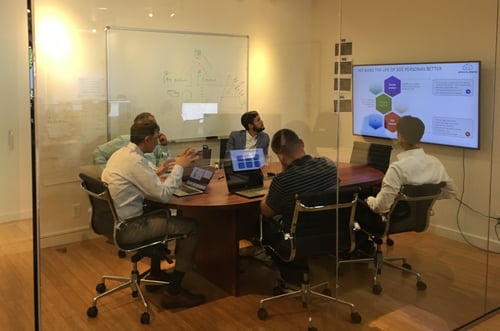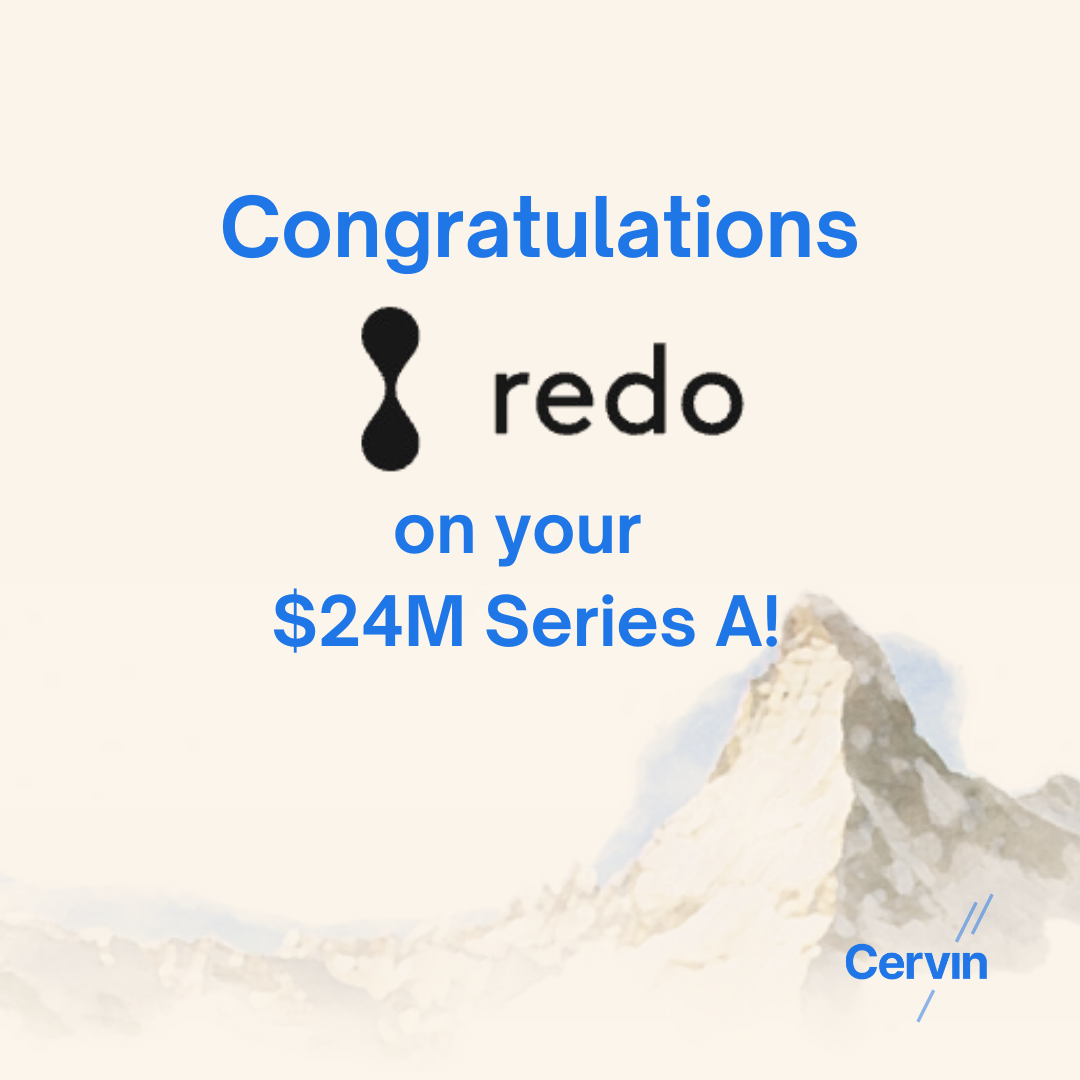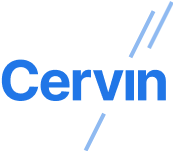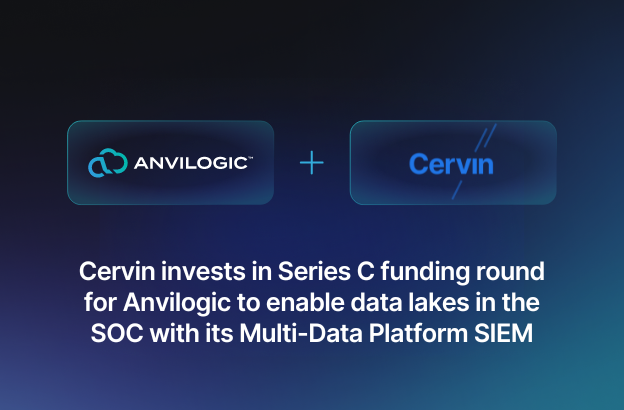Now that you are not a first-time Entrepreneur, what are you doing differently than when you were starting your first company?
The most important thing I have done differently is team constitution. In the past, we surrounded ourselves only with technologists in the early days, which may be great for building products (the “how”) but not necessarily in a customer/persona-centric way (“the what”). Therefore, I consciously hired subject matter experts, in the form of practitioners who had worked in security operations and tag-teamed them with experts in building technology, resulting in the delivery of a customer persona-friendly relevant platform. This active team constitution and mindset has led to our success this early in our evolution and will continue to be what differentiates us going forward. We have not had a single customer meeting where the customer has not been in violent agreement with the problem-solution proposition, leading to the fact that we have not lost a single pilot/POC thus far!
 The Anvilogic team hard at work.
The Anvilogic team hard at work.
Unlike the previous companies you founded, this time you are also the CEO of the company. What do you think are the differences between being a Founder CEO versus a Founder on the Senior Management Team?
As a Founder/CEO, you carry the ultimate responsibility for the success of the company. Some of the key responsibilities I have include:
- creating and adhering to a viable business plan
- hiring the right people
- raising money
- selling the vision
However, the single most important responsibility I have is to my team. Each team member left a lucrative job and career to come and join me at Anvilogic because they believed in me, my Co-Founder/CTO, the founding team, the vision, and the market opportunity. I take it upon myself to provide them with the value they deserve. I want them to look back at this journey many years from now and say this was the best decision they made in their professional lives. That is the difference I can have as CEO.
As a Founder, what question are you asked more than any other?
I am often asked by new hires, existing team members, and potential investors what I want to do with the company over the following 2-3 years. Mostly they mean to ask, "What's your exit strategy?" However, I don't believe that's the right question. My experience tells me that we need to constantly look out for the right action at the right time for the company and not have a predetermined notion of what the right outcome is for a company prematurely. I could not say today that I am looking to take the company public or sell it in 2 years.
My job is to execute our business plan this year and hit the numbers we have set while continuing to build a product and culture that helps us and our customers succeed every day. Plain and simple.
An Entrepreneur and leader must evaluate and implement the right path for the company as the market evolves, economic conditions impose bounds, and the competitive landscape catches up. Sometimes a partnership is the correct answer, and sometimes it's a pivot; other times, it's an acquisition. Always be prepared and anticipate that path, and when you do, you will find that your direction is indeed the right one more often than not.
In short, never be fixated on an outcome - the best results arise out of flexibility and recognition of the current market. So, if I were to reframe that question, I'd say a better version of it would be, "How do you plan for your company's future, and what are the dimensions you would consider?"
What foundational step is most critical to building an enduring company?
First and foremost, hiring the right people and creating a good culture. A team that brings skills and a great attitude to work every day is key to a successful company. It requires continuous effort to foster good culture - daily behavior, respect, diversity, work satisfaction, balance, communication, etc. It's hard to write culture down, but it is essential to practice it every day, and others will replicate it by observation.
Next is the product itself - the magnitude and importance of the problem, clarity of the needs and size of the target market, the competitive differentiation, and the sellability - messaging, sales process, pricing, and adoption. When the right problem is solved well, the customer reaction can be highly satisfying and uplifting.
Solving the right problem builds on itself, and the solution - depth and breadth - will grow organically. There's almost nothing that a strong team in a significant problem space cannot achieve.
What advice do you have for aspiring Entrepreneurs?
I would advise them that it's essential that they develop the ability to recognize a problem worth solving and really go for it. It sounds simple, but it's not. The problem statement for the company needs to be validated by many people, including potential customers, investors, and the early team. Do not be afraid of validating the idea - problem/solution combination. People may throw darts at it, but the defense and ability to further improve the plan is vital, especially with potential customers.
Secondly, I would advise them to gain a deep understanding of target customers and how much they are willing to spend to solve their problems. Too often, people will agree there's a problem but only when you ask them for money will you understand if the problem is genuinely worth solving.
Thirdly, they must develop the ability to sell. As a founder, you are constantly selling to customers, investors, new hires, industry analysts, influencers, partners, and potential acquirers. Therefore, you need to fine-tune your messaging and value continually.
Recommended reading for Entrepreneurs?
I am honestly not an avid reader of academic or business literature but I have read, re-read, internalized, and adopted the principles and guidance of “Zone to Win” by Geoffrey Moore. I recommend it to entrepreneurs who are ramping up business from within larger organizations, for example, post-acquisition.
Which CEO, past or present, inspires you most?
There are a few, but two whom I have worked for and learned immensely from are Dan Warmenhoven, former CEO/Chairman of NetApp, and Godfrey Sullivan, former CEO/Chairman of Splunk. They both bring a great combination of exceptional business savvy and insight and a strong culture that respects people and fosters a great attitude.
What is the most important trait for Entrepreneurs?
I’d say a few things; the ability to:
- Produce a grand but achievable and viable vision, broken down into deliverables per a revenue-bearing business plan from the first 12 months onwards.
- Sell not only to investors, but to the early team whose buy-in is an extra validation of the vision, the deliverables, and the plan to get there.
- Hire the right people and GET OUT OF THEIR WAY!
To learn more about Karthik and the company that he’s built, visit the Anvilogic website.

 The Anvilogic team hard at work.
The Anvilogic team hard at work. 




